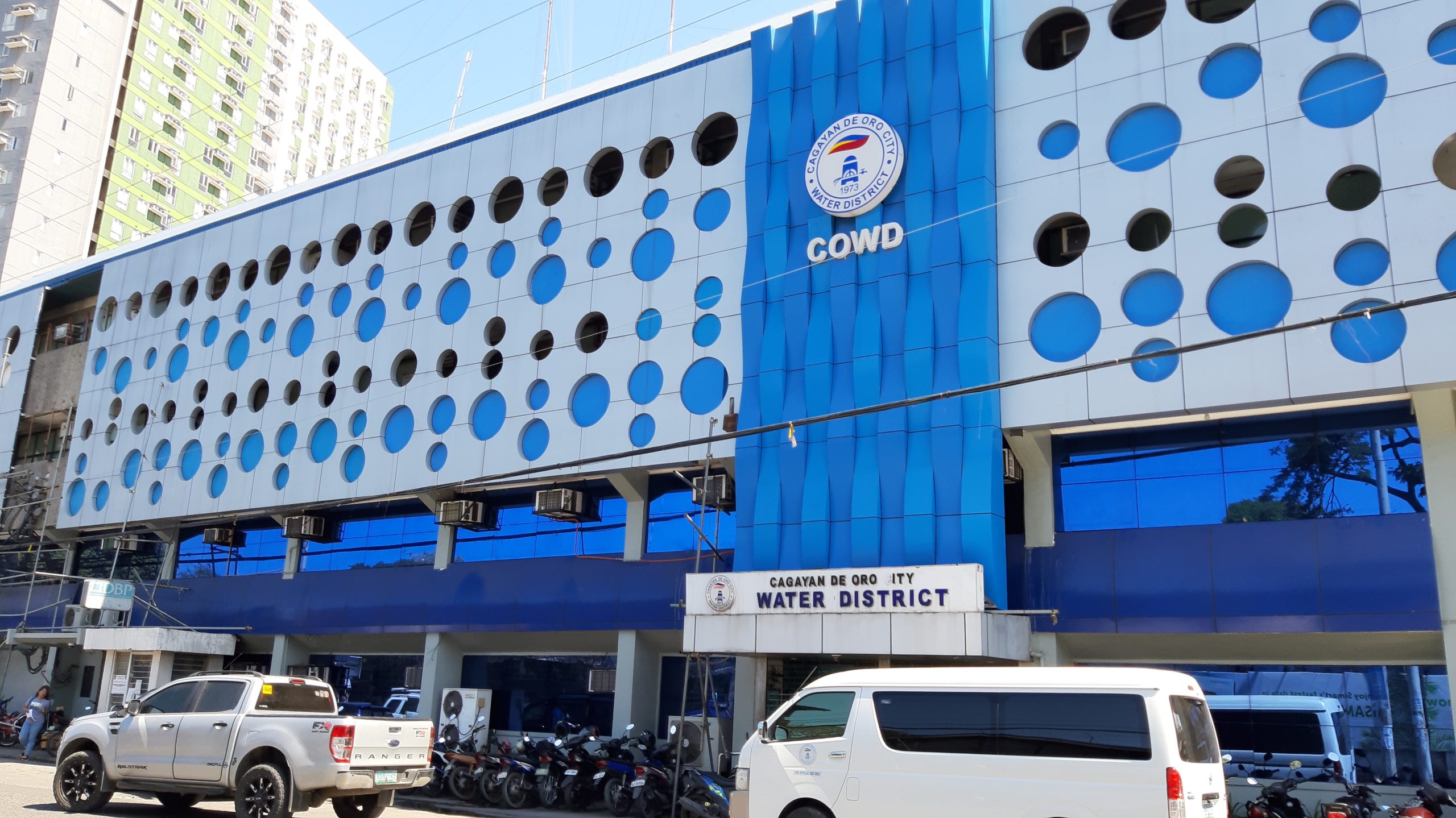Pat Diaz .
First of two parts
GENERAL Santos City – Under no Philippine president other than Rodrigo R. Duterte has the Constitution been so blatantly trivialized and mocked. Abetted by the Supreme Court, this was so in the quo warranto ouster of Chief Justice Maria Lourdes Sereno and the still unresolved plot to revoke the amnesty granted to Sen. Antonio Trillanes III and to revive his amnestied rebellion and coup d’état cases.
Worse is the martial law in Mindanao. From 60 days, May 23 to July 22, 2017, it was extended to Dec. 31, 2017 then to Dec. 31, 2018 and, last Dec. 12, to Dec. 31, 2019. Unless the third extension is questioned before the Supreme Court and the Court disallows it, Mindanao martial law will last for 953 days or two years, seven months and nine days, counting from May 23, 2017 when it took effect.
Only Duterte knows if it will be extended again and again for Dec. 31, 2020, Dec. 31, 2021 and June 30, 2022 — co-terminus with his six-year term.
Of the last extension, we saw the continued subverting of the Constitution in declaring martial law other than on the bases clearly and specifically mandated and to prolong it contrary to provisions limiting it. It has been amended without a plebiscite.
The Constitution, Article VII, Section 18, provides: “… In case of invasion or rebellion, when the public safety requires it, he [the President] may, for a period not exceeding sixty days, suspend the privilege of the writ of habeas corpus or place the Philippines or any part thereof under martial law….”
Section 18 further provides: First, “… Within forty-eight hours from the proclamation or suspension, the President shall submit a report in person or in writing to the Congress. The Congress, voting jointly, by a vote of at least a majority of all its Members in regular or special session, may revoke such proclamation or suspension, which revocation shall not be set aside by the President. …”
Second, “… Upon the initiative of the President, the Congress may, in the same manner, extend such proclamation or suspension for a period to be determined by the Congress, if the invasion or rebellion shall persist and public safety requires it.”
Proclamation No. 216
The President issued on May 23, 2017 Proclamation No. 216 declaring martial law in “the Mindanao group of islands” – which included Sulu, Tawi-Tawi and Basilan – following the break out of hostilities in Marawi City, Lanao del Sur between the “Maute terror group” and the government armed forces. Granted, the terrorists committed an act of rebellion, according to the Revised Penal Code.
The question was why put the entire Mindanao, Sulu, Tawi-Tawi and Basilan under martial law? Did “public safety” in the five regions “require it”? While the Supreme Court later ruled to moot the issue, its validity remained. Except for the excessive damage inflicted on Marawi City¸ more by the military forces, what was the Marawi “siege” compared to the many years of MILF rebellion that saw no martial law declared? And so it was when the Misuari MNLF forces “invaded” Zamboanga City in September 2013.
In pure and simple truth, did the Maute rebellion satisfy the 1987 Constitution?
Duterte reported the declaration in writing to the Congress on May 25. The two Houses, in separate resolutions – the Senate on May 30, 2017 and the House of Representatives on the next day – expressed their full support of the Proclamation. The majority blocks saw no need for a joint session to deliberate on it. Satisfied, after a briefing from the Palace, with “the sufficiency of the factual basis for the issuance” of the proclamation, they “found no reason to revoke it”?
Was this in compliance with the 1987 Constitution?
On the contrary, the opposition block in the Senate issued a resolution asking for a joint session to deliberate on Proclamation No. 216.
The then Speaker Pantaleon Alvarez explained why, according to his own reading of Section 18, it was not necessary for the Congress to convene in joint session to vote on the martial law declaration. To this the House of Representatives and the Senate concurred.
He said, there is nothing in the Constitution stating that the Congress needs to have a special session to discuss the proclamation. A joint session is needed only for the members to listen to the President if he reports in person. Since President Duterte reported in writing, each member was only furnished a copy. Later, they issued a resolution supporting the declaration. He postulated that it is the duty of the Congress to listen to the President, not the President to the Congress.
However, he said, should the President ask for the extension of martial law, the Congress would have to meet in joint session to vote on it. So they did for the three extensions that the President successively requested later.
Section 18 says that the Congress should act on the request for extension in the same manner as acting on the original 60-day declaration. To be consistent, the Senate and the House of Representatives should only have issued separate resolutions to support the three requests for extension when they found no reason to reject them after a briefing from the Palace as they did in supporting the original 60-day request.
Is this what Section 18 says? Did the Congress, through the Speaker, not amend the 1987 Constitution without a plebiscite to suite their convenience? (to be concluded)
(Patricio P. Diaz was editor in chief of the Cotabato City-based Mindanao Cross and later the Mindanao Kris before returning to General Santos City. E-mail: patponcediaz@yahoo.com.)
Disclaimer
Mindanao Gold Star Daily holds the copyrights of all articles and photos in perpetuity. Any unauthorized reproduction in any platform, electronic and hardcopy, shall be liable for copyright infringement under the Intellectual Property Rights Law of the Philippines.











